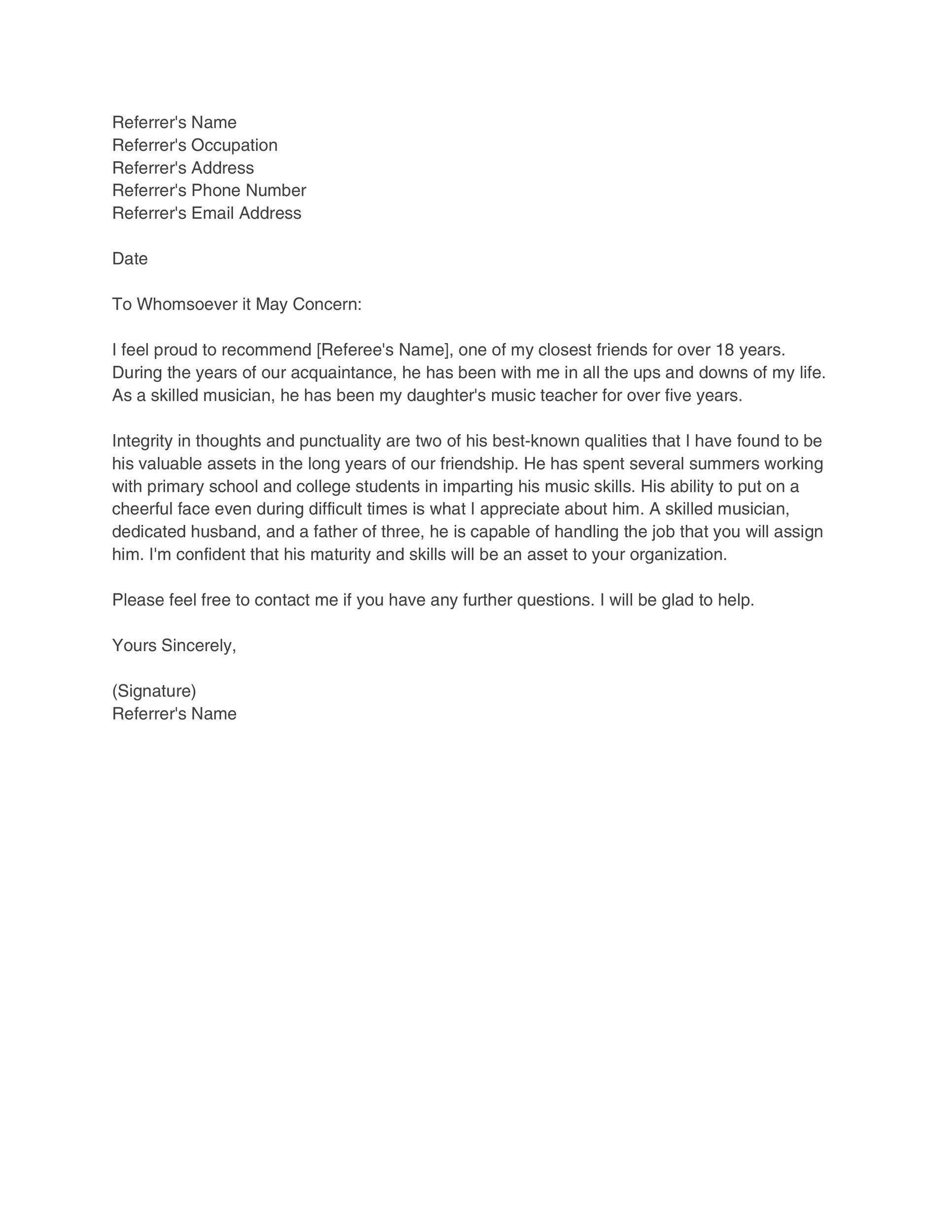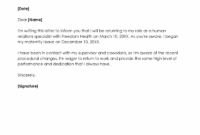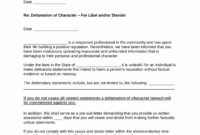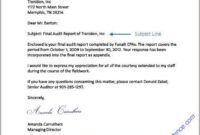Ever found yourself in a situation where a friend, family member, or acquaintance needs a glowing recommendation, and you’re not quite sure where to begin crafting it? Writing a character reference letter can feel like a significant responsibility. You want to accurately convey the person’s best qualities and paint a picture of their reliability, integrity, and overall good nature, but getting those thoughts onto paper in a clear, compelling way isn’t always easy. It’s a testament to someone’s character that they’ve asked you to vouch for them, and you certainly want to do them justice.
Whether it’s for a job application, an academic program, a volunteer position, or even a housing application, a well-written character reference can make all the difference. It provides a personal touch, offering insights into an applicant’s personality and work ethic that might not come across in a resume or interview. That’s where having a reliable personal character reference letter template becomes incredibly useful. It offers a structured starting point, guiding you through the essential components so you can focus on adding those unique details that truly make the letter shine.
Crafting an Impactful Character Reference: What to Include
When you sit down to write a character reference, your goal is to provide a credible and positive endorsement that supports the applicant’s aspirations. Think of it as telling a story about the person, highlighting specific instances that demonstrate their positive traits. It’s not just about saying someone is “a good person”; it’s about showing it through examples. The recipient of the letter is looking for genuine insights into the individual’s work ethic, integrity, social skills, and reliability, especially as they relate to the opportunity at hand.
Start by clearly stating your relationship with the person and how long you’ve known them. This establishes your credibility as a reference. Are you a former colleague, a neighbor, a mentor, or a family friend? The nature of your relationship influences the perspective you offer. For instance, a former supervisor might focus on professional conduct, while a long-time friend might emphasize personal integrity and community involvement. Be specific about the context in which you know them, as this helps the reader understand the basis of your observations.
The core of a strong reference lies in identifying and illustrating key positive attributes. Instead of general praise, choose two or three specific qualities that are particularly relevant to the situation for which the reference is being written. If it’s for a job, perhaps punctuality, teamwork, or problem-solving skills are important. For a volunteer role, maybe compassion, dedication, or communication skills are more pertinent. Always back up these traits with brief, concrete examples. For instance, instead of saying “they are responsible,” you could say, “I’ve seen their responsibility firsthand when they consistently organized our community clean-up drives, ensuring all tasks were completed on schedule.”

Ultimately, a good character reference should be concise, professional, and enthusiastic. Avoid vague language or overly generic statements. Your genuine tone and specific examples will be far more persuasive. Remember to include your contact information so that the recipient can follow up if they have any questions. A well-constructed letter not only advocates for the individual but also reflects positively on your own ability to provide a thoughtful and clear recommendation.
Key Elements to Include
- Your full name and contact information
- Date the letter is written
- Recipient’s name and organization (if known)
- A clear statement of your relationship to the applicant and how long you’ve known them
- Specific positive character traits relevant to the opportunity
- Concrete examples or anecdotes that illustrate these traits
- A positive concluding statement endorsing the applicant
- Your signature
Personalizing Your Personal Character Reference Letter Template for Maximum Impact
While a personal character reference letter template provides a fantastic framework, its true power comes from how you personalize it. Think of the template as a sturdy skeleton that needs to be fleshed out with unique details, making it a compelling, custom-fit endorsement. Simply filling in names and dates won’t suffice; the goal is to create a letter that sounds authentically like you, speaking genuinely about the individual you’re recommending. This means going beyond the basics and tailoring every aspect to the person and the specific opportunity they are pursuing.
Before you start filling in the template, take a moment to consider the context. What is the letter for? Is it for a job in a specific industry, an application for an educational program, a community award, or something else entirely? Understanding the purpose helps you identify which of the individual’s qualities will be most relevant and impactful. For example, if they’re applying for a leadership role, emphasize their initiative and ability to motivate others. If it’s for a position requiring meticulous attention to detail, focus on their thoroughness and accuracy.
Tailoring your language to match the tone and requirements of the opportunity is also crucial. If the application is for a creative field, your letter might adopt a slightly more expressive tone, while a professional setting might require a more formal and structured approach. Always use language that accurately reflects the individual’s personality and your relationship with them. Avoid clichés and generic statements; instead, use vivid verbs and descriptive adjectives to paint a clearer picture. Your goal is to make the letter memorable and distinctive, helping the applicant stand out from the crowd.
Finally, proofreading is non-negotiable. Even the most heartfelt and well-written letter can lose its credibility due to typos or grammatical errors. Read it aloud to catch awkward phrasing, and consider asking another trusted person to review it for clarity and correctness. A polished, error-free letter demonstrates your attention to detail and reinforces the professionalism you’re vouching for. By investing this extra effort, you transform a simple personal character reference letter template into a powerful, individualized statement of support.
Tips for Personalizing Your Letter
- Research the specific role or opportunity the applicant is pursuing.
- Select character traits that are most relevant to that specific context.
- Brainstorm specific anecdotes or examples that illustrate those traits.
- Use vivid language and avoid generic praise.
- Maintain a consistent and genuine tone throughout the letter.
- Proofread carefully for any errors in grammar or spelling.
- Ensure the closing statement strongly endorses the applicant.
Providing a character reference is a thoughtful gesture that can genuinely impact someone’s future. It’s an opportunity to highlight their strengths and give a personal endorsement that complements their other application materials. By following a structured approach and infusing your unique observations, you can create a compelling letter that truly speaks volumes.
Remember, your words carry weight and can be the decisive factor in someone achieving their goals. A well-crafted reference not only champions the individual but also serves as a testament to your own judgment and integrity. Feel confident in your ability to offer a valuable and supportive recommendation.



